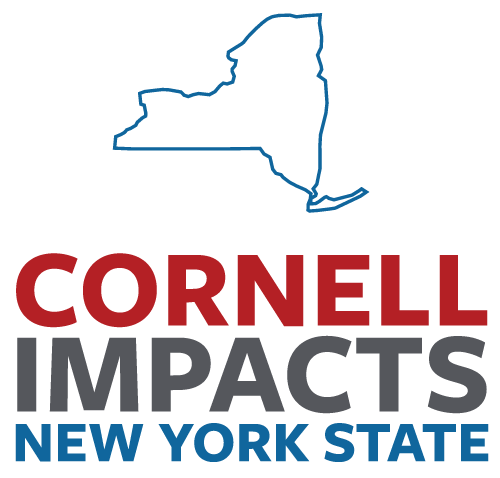
A groundbreaking collaboration between Cornell University and the global seed company Bejo Zaden has led to the development of a new broccoli hybrid named NorthStar. This innovative variety is designed to thrive in warmer and more unpredictable conditions, making it a significant advancement for vegetable cultivation, particularly in the Northeast region of the United States.
Broccoli is a popular vegetable consumed in many households around the world. As a temperate crop, it typically requires cooler nights and stable weather for optimal growth. However, rising global temperatures and erratic climate patterns pose challenges to its cultivation. The introduction of NorthStar addresses these issues, enhancing the viability of broccoli farming in areas previously deemed unsuitable for this vegetable.
The hybrid boasts traits that allow it to withstand increasing temperatures, thereby greatly expanding the regions where broccoli can be successfully cultivated. This development has the potential to improve food security by making broccoli more accessible to consumers in diverse climates. According to agricultural experts, such advancements are vital in adapting to the impacts of climate change on food production.
In addition to its ecological benefits, NorthStar is expected to reduce the carbon footprint associated with transporting broccoli from distant growing regions. By fostering local production, this hybrid can lower the costs associated with shipping while also minimizing environmental impacts. This aligns with global sustainability goals, promoting more efficient food systems that benefit both producers and consumers.
The partnership between Cornell University and Bejo Zaden exemplifies the importance of collaboration in addressing agricultural challenges. As climate variability becomes increasingly pronounced, innovations like NorthStar are essential for ensuring that food systems remain resilient and adaptable to future conditions.
With further research and development, the agricultural community anticipates more hybrids that can withstand changing climates. Such progress not only supports local farmers but also contributes to a more stable food supply, underscoring the critical need for sustainable practices in the face of global challenges.
The release of NorthStar marks a significant milestone in the ongoing effort to enhance agricultural resilience and promote sustainability. As more regions embrace this hybrid, it may set a precedent for future innovations aimed at securing global food systems in an era of climate uncertainty.






